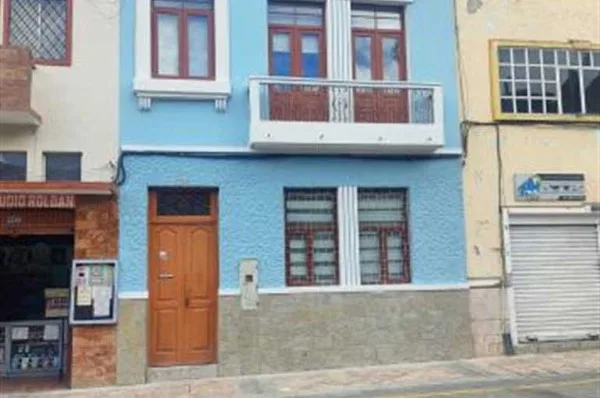Argentina and Brazil want to create a common South American currency but skeptics say it won’t work
By Sam Meredith
Argentina and Brazil, the two largest economies in South America, are in early talks to create a common currency, as part of a coordinated bid to reduce reliance on the U.S. dollar. The ultimate goal, according to those familiar with the discussions, is to develop a currency to be used throughout South America.
But some analysts are highly skeptical, dismissing the proposal as “pie in the sky” because of the discrepancies between the two economies and the rapid shift of political winds in the region.

Brazilian President Luiz Inacio Lula da Silva and Argentina President Alberto Fernandez meet Monday in Buenos Aires.
“Our finance ministers, each with his own economic team, can make us a proposal for foreign trade and transactions between the two countries that is done in a common currency,” Brazilian President Luiz Inacio Lula da Silva said Monday at a news conference in Buenos Aires, Argentina, according to Reuters.
Speaking on his first international visit since taking office, Lula said that the currency would initially be designed for trade and transactions between Brazil and Argentina. It could later be adopted by fellow members of Mercosur — South America’s major trade bloc as well as other countries in the region.
Brazil’s Finance Minister Fernando Haddad said that the adoption of a common currency was not designed to replace the Brazilian real and the Argentine peso. He reportedly added that the currency does not yet have a name or deadline, nor would the countries seek a euro-style monetary unification.
Jimena Blanco, head of Americas at risk consultancy Verisk Maplecroft, described the talks as a “flamboyant” announcement designed “to bring major attention to an otherwise inconsequential” regional summit. “Three decades after inception, MERCOSUR has yet to deliver on its primary goal of trade integration for its four founding members,” Blanco told CNBC via email. “Developing and implementing a common South American currency is, therefore, pie in the sky.”
“Neither Argentina nor Brazil are enjoying the economic or political conditions necessary to embark on such a fundamental shift, which would take decades to be rolled out effectively,” Blanco said, adding that there would be little confidence in a currency promoted by a country [Argentina] with an annual inflation rate of 95%.
“We expect the ‘Sur’ to share the same destiny as the Peso Andino, which never got off the ground, or the Sucre, the digital payment currency used by Venezuela and ideologically aligned countries that has no more than symbolic value and has failed to dent the importance of the U.S. dollar in regional trade,” she added.
Argentine President Alberto Fernandez said that, while it was not yet clear how the sole currency could function in the region, Lula and he agreed that depending on foreign currencies for trade was harmful. “As a long-term project, we need to look a the European model of creating a common currency to promote trade and regional solidarity,” Fernandez said.
“It is hard to believe Argentina and Brazil would actually move in this direction given the discrepancies in the two economies at the present stage,” Mario Marconini, managing director at consulting firm Teneo, told CNBC via email.
Marconini highlighted that it took European countries decades to reach a point where member countries felt ready to move forward with a common currency, and this process followed a sustained period of coordination and a relatively high level of alignment in macroeconomic policy. He added that Lula was “diplomatic” not to contradict Argentina’s Economy Minister Sergio Massa, who had spoken on record about the two countries working toward a common currency.
“However, Lula fell short of committing to anything other than initial exploratory talks on bilateral currency matters,” Marconini said.
“Lula’s willingness to play along in such a way reflects much more his government’s desire to resume good relations with Argentina [and Latin America] than anything concrete on how to move forward on a matter that would make no sense economically at the present juncture.”
____________________
Credit: CNBC


















